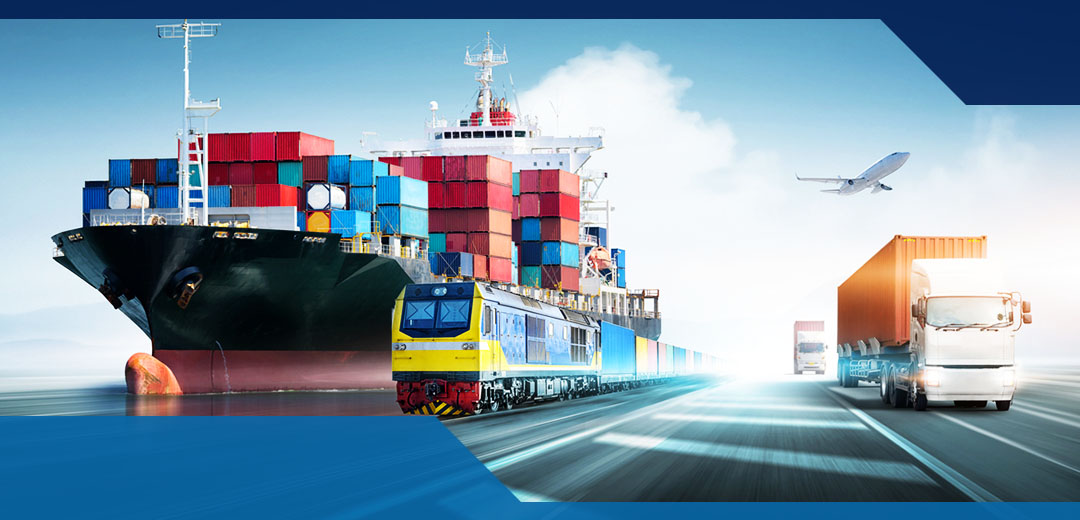Cargo Expedition: Navigating the Future of World Logistics
Cargo Expedition: Navigating the Future of World Logistics
Blog Article
Cargo expeditions serve as the foundation of trade between countries and ensure the smooth movement of products across borders as well as continents. They play a crucial role as they connect suppliers, manufacturers and customers, thus facilitating the development of the global economy. From transporting raw materials for production to delivering finished goods to markets, cargo expeditions make sure supply chains function efficiently. Due to the speed of globalization, demand for highly efficient and reliable cargo services has increased dramatically and transformed the business into an extensive system of logistics, technologies and infrastructure. Each successful transaction in trade no matter how small or big is dependent on the efficiency of cargo missions.
One of the main elements that determine the effectiveness of cargo trips is the transportation method. The method of transportation - air freight, sea, or road freight, depends on the kind of product, its location and the timeframe for transport. Sea freight can be the most frequently used method to transport large volumes of goods, since it's economical for travel over long distances and can accommodate a range of goods. But, it has higher transit times in comparison to air-based freight. This is generally preferred for higher-value and time-sensitive items like medical devices, electronic products, and perishable goods. Road freight, typically used for regional deliveries, offers versatility and may complement the air and sea transportations by connecting the gaps between warehouses, ports, as well as ultimate destinations.
Advancements in technology have revolutionized the field of cargo transportation and have enabled greater efficiency, transparency, as well as reliability. The real-time tracking system provides businesses with the ability to monitor shipments, offering updates that reduce uncertainties and improve planning. Blockchain technology is becoming increasingly utilized for securing supply chain information providing transparency, while also reducing error or fraud. Artificial intelligence and machine learning optimize logistics by predicting possible delays and providing intelligent route planning that saves both time and money. Automation in warehouses, including robots for sorting, boosts the efficiency of operation. These technological innovations not only improve processes but also help to build trust between logistics providers and their customers, further ensuring the reliability of the system.
Technology has played a pivotal impact on the development of Cargo Expedition significantly increasing both the speed and accuracy of shipping. New developments in tracking systems including GPS and RFID provide real-time surveillance of goods in transit. This transparency is beneficial to both shippers and customers by providing accurate deliveries and also ensuring quality and security of the goods. Digital platforms also simplify the booking and documentation process and allow companies to handle shipments more efficiently. Through the use of sophisticated software, businesses can automate customs clearance, streamline transportation routes, and manage stock, thereby decreasing the chance of human error while improving general service quality. Technology continues to improve and improve, the importance of automation as well as artificial intelligence and analysis of data for cargo trips will further enhance the effectiveness and efficiency of global logistics. To acquire supplementary details please go to Muat
The success of cargo expeditions also hinges on the expertise and coordination of logistics experts to navigate the maze of international trade. These professionals manage complicated supply chains, oversee customs clearance, and guarantee compliance with ever-changing regulations. They collaborate across time zones, languages as well as jurisdictions in order to provide smooth services to customers. The process of training and development is essential to maintaining high standards in the field, and professionals always advancing their expertise to stay up-to-date with advances in technology and the global dynamics of trade. Their work is essential to managing risks, solving problems while ensuring the safe movement of goods between countries.
The growing demand for cargo transportation services is directly linked to the rise of e-commerce, that has drastically changed the way goods are sold and bought. The internet has brought about an international marketplace in which goods are distributed to buyers all over the world, requiring rapid and reliable delivery services. Online retailers, especially giants like Amazon and Alibaba are revolutionizing logistics by making use of advanced technology within their supply chains. This enables they to deliver goods in rapid times. This has raised the bar for all other businesses, making the companies to invest in streamlined logistics solutions for cargo to remain relevant. As e-commerce continues to grow increasing the demand for more efficient and efficient services for cargo will be more critical as ever, altering the global logistics systems and driving innovation within the industry.